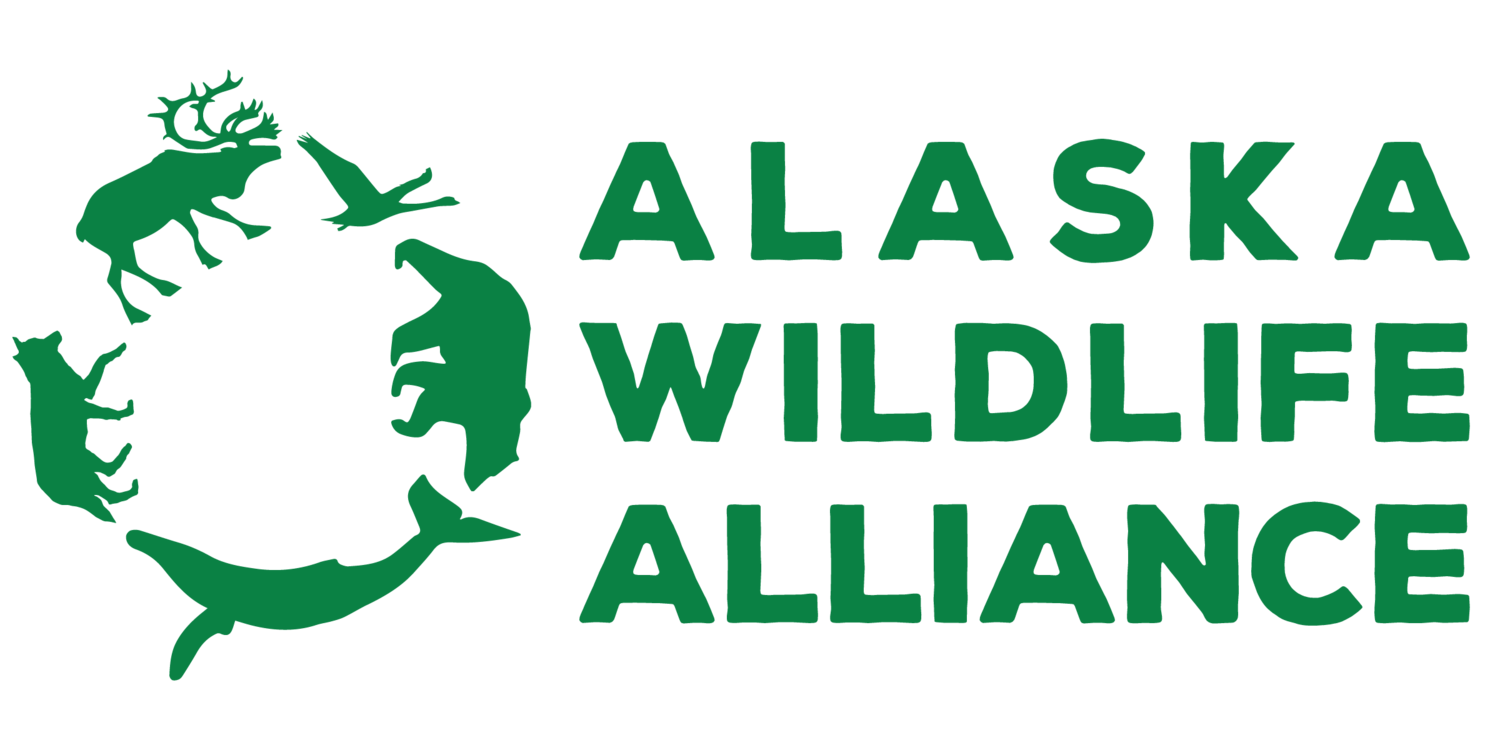The Alaska Superior Court in Anchorage has ruled in favor of the Alaska Wildlife Alliance, finding that the Alaska Board of Game violated the state’s Open Meetings Act when it voted by email to deny emergency petitions pertaining to the Denali wolf buffer zone issue.
In a ruling issued December 16, 2014, Anchorage Superior Court Judge John Suddock held that the Board of Game (Board) violated the state’s Open Meetings Act (OMA) when its members voted individually via serial email polls to deny two emergency petitions filed by the Alaska Wildlife Alliance (AWA) that sought to partially protect the Denali wolves.
The AWA, through its attorney Thomas Meacham, had filed the lawsuit in March 2013. It alleged that the Board of Game “failed to hold an open, announced public meeting on the subject” when the Board members communicated individually and agreed via an email poll to reject two separate emergency petitions requesting that the Board re-establish a no-trapping ”wolf buffer zone” on state land adjacent to Denali National Park.
In his decision, Judge Suddock found AWA’s claims of OMA violations valid, writing that “…the court enjoins the Board from utilizing serial postal, telephonic, or electronic polling of individual board members to approve or deny the holding of a Board meeting to consider emergency petitions.”
AWA alleged that the Board had designed its e-mail poll procedures specifically to avoid the legal requirements of the OMA.
Attorney Meacham said that the court’s ban on email polling among members as a substitute for a formal meeting would also appear to apply to emergency petitions submitted to the Alaska Board of Fisheries.
Earlier, in 2012, former Alaska Department of Fish & Game Commissioner Cora Campbell refused two requests for an emergency order to re-establish the Denali buffer, telling those concerned to make such a request to the Board. But, constrained by a legally questionable six-year “moratorium” imposed by the Board in 2010 that prohibited the submission of any new regulatory proposals involving the buffer zone issue, AWA’s only recourse to try to slow the precipitous decline of wolves, and wolf sightings, in the Park was by an emergency petition to the Board.
Along with several other Alaska groups and individuals, AWA filed emergency petitions in September and October 2012, asking the Board to re-establish a buffer zone on state land adjacent to the eastern boundary of Denali National Park, where the hunting and trapping of wolves would not be allowed. The Board unanimously denied both petitions by means of an e-mail poll, without holding a public meeting or publicly discussing the petitions, and without any opportunity for public comment.
Those denials were communicated to AWA via letter from Kristy Tibbles, Executive Director of the Board of Game. She wrote that the Board’s decisions on both petitions were “…not by a meeting, but by an email poll consistent with long-standing practice on petitions for an emergency regulation when no Board meeting is otherwise scheduled within 30 days of receiving a petition.”
AWA’s complaint asserted that the Board’s votes by email poll violated the Open Meetings law because an official meeting was required by law, and there had been no public meeting convened either by teleconference or in person which the public could attend, and a lack of any public notice of such a meeting.
AWA, with enthusiastic support from its members and other groups, has for years fought to re-establish the buffer zone eliminated by the Board in 2010, at the same time it approved the six-year moratorium against considering new proposals related to a buffer zone.
Denali’s iconic wolves are always at or near the top of visitors’ “must-see” wildlife lists. They are a major attraction that helps bring thousands of visitors and millions of dollars in tourism revenue to the state, and the local area. However, in the past few years, most visitors have been going home without so much as a glimpse of a Denali wolf. Wolf populations (and therefore viewing opportunities) have declined precipitously in the Park due in part to trapping on non-Park lands along the boundaries that wildlife obviously cannot recognize. The most recent official National Park Service survey (Fall 2014) found only 50 wolves in 13 packs in the six million acre park – one of the lowest counts on record.
As predicted by the 2012 emergency petitions, the Park’s wolf population and viewing opportunities have continued to decline. According to National Park Service surveys, in 2013 a mere 4 percent of visitors on bus tours inside the Park were able to see wolves. In 2010, the last year in which the wolves were protected by a buffer zone, 44 percentof visitors saw wolves.
“For too long, the Board has gotten away with secret backroom deals in dismissing public petitions to protect wildlife. At long last, that day should be over,” said Rick Steiner, an Alaska conservation biologist who drafted the emergency petitions. “This is a real step forward in public, transparent and honest fish and game management, something that is long overdue in Alaska.”
The Alaska Wildlife Alliance and its Co-Director John Toppenberg are the named plaintiffs in the case. The defendants are Ted Spraker, Chairman of the Alaska Board of Game, and the Board of Game itself.
The Court’s decision did not specifically address the fate of AWA’s two 2012 petitions for emergency regulations. The Board has filed a request for reconsideration of the Court’s decision. The Court has not yet acted on that petition.
We will keep you posted on future developments regarding our lawsuit and the Denali buffer zone petitions.
As we stated in the press release, wolf numbers and visitor sightings have dropped dramatically in Denali recent years. AWA will continue to aggressively pursue much-needed protection for those wolves.


